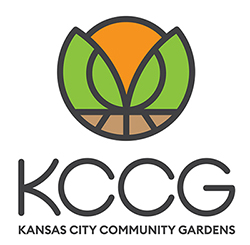Interested in starting a schoolyard garden?
KCCG can help!
Why start a garden at your school?
According to the Center for Disease Control, 9 out of 10 children do not eat enough vegetables. Childhood obesity has doubled in the last 30 years. Kids are spending half as much time outdoors than they did 20 years ago. In the face of these challenges, schoolyard gardens can benefit children in the following ways:
- School gardens tend to improve kids’ attitudes towards fruits and vegetables.
- Children who work in the garden are more likely to eat more fruits and vegetables, and continue to do so throughout their lives.
- Gardens help students learn about nutrition
Students with school gardens have more opportunities to exercise and spend time outdoors. - School gardens have been shown to increase a students’ sense of ownership and responsibility.
- Students with school gardens are exposed to environment-based education, and able to increase their understanding of plan.
First Steps
Questions to ask before starting a garden at your school:
Next Steps
Contact KCCG to schedule a site visit with a SYG staff person, to help you choose the perfect spot for your garden.
Things that we consider when performing site evaluations:
- Choose a location that students visit regularly, such as a playground or school entrance.
- Consider existing vegetation. Take a careful look around your potential garden site for trees and problem weeds.
- The site should be close to a water source, if possible.
- The site should receive at least 8 hours of direct sunlight each day.
- Level land is ideal so that drainage is sufficient.
- Plan ahead—build your garden a season ahead of the first planting.
- Start small—consider starting with a small number of beds, with the potential to add more garden space as you gain experience and more staff/teachers show interest.
- Raised beds—KCCG orders the lumber and soil, and can till the ground underneath the beds for your school. We typically build 4’x12′ beds at elementary and secondary schools, and smaller beds (3’x9′) at preschools.
A $2 annual membership fee, charged to the school, includes:
- Guidance from SYG staff (site evaluation; assistance building the garden; garden check-ins, etc.)
- Access to low-cost seeds, plants, compost, mulch, soil, in addition to access to tools on loan for free.
- Educational materials.
- Click here to become a member.




